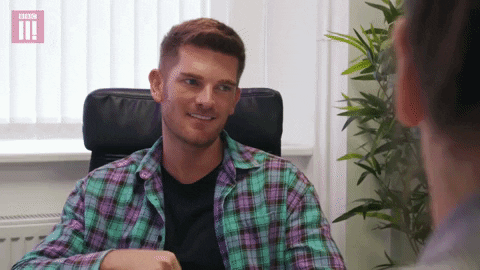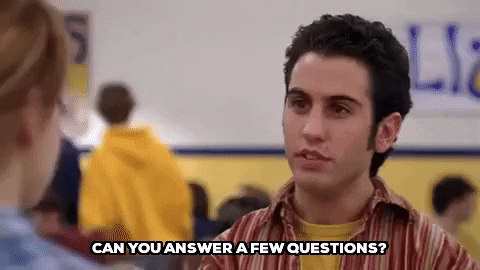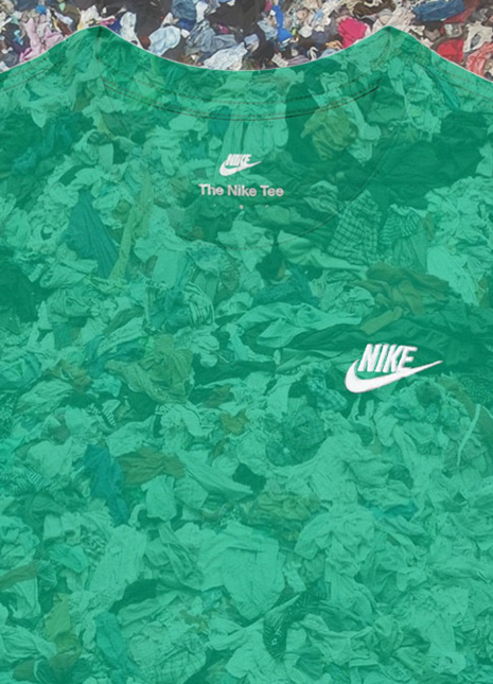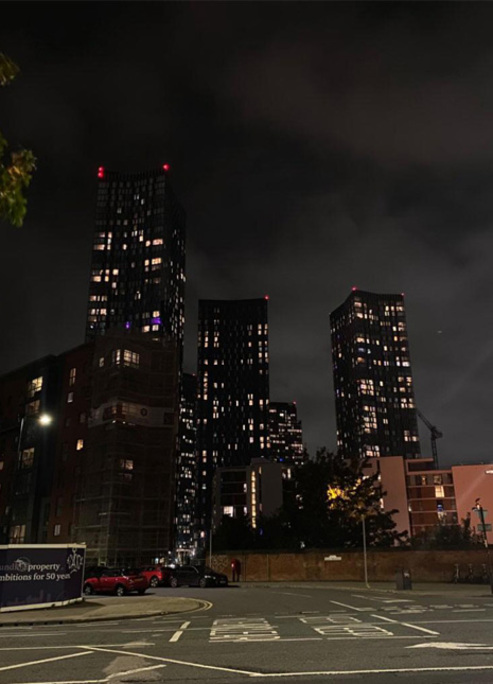
BBC’s ‘Breaking Fashion’ Viewers Claim They Missed A Shot At Discussing The Impact Of Fast Fashion
“You had one job, BBC!”
When the BBC blesses us with a new documentary, viewers prepare themselves for an exciting ride that’s going to include heated debates on controversial points, tackling issues head-on and having us a little on the edge of our seats. But it looks like it’s latest venture ‘Breaking Fashion’ has had mixed reviews among the population and it’s not looking good.
It follows ‘In The Style’ a Salford based fast-fashion brand who by nature are competing with other northern UK giants Boohoo, Pretty Little Thing & Missguided who are all based in Manchester. Viewers watch them get through their summer season, trying to bag major influencers, having garments ready on time for massive campaigns that lie ahead and the behind the scenes inner workings of their supply chain and HQ team.
The documentary shows them produce a new collection every 2 weeks in the heat of the constant competition and demand for fast fashion, it’s addictive but in some viewers minds, for the wrong reasons. Each episode is focused on a different social media influencer collab, in one episode they team up with Lorna Luxe and Instagram influencer with 900,000 followers.
With a fly on the wall perspective, viewers get a glimpse of a pre collaboration meeting where they discuss flying her and 6 other hand-picked influencers out to Cannes for a “bougie” campaign shoot. There is a panic when it transpires that the clothes she needs may not arrive on time but alas, they arrive in the end with the key garment being made in China, shipped and getting into their hands in less than 48 hours, talk about fast fucking fashion ladies & gents.
With all that said, however, viewers say the show is very well made and is certainly entertaining, enticing, interesting and completely addictive, but in some opinions, it’s a very big reminder of the truth behind the scenes in the world of fast fashion. Some say founder & CEO Adam appears to have a very high-pressure approach, wanting things done his way and at a lightning speed rate, some opinions discuss the negative impact this has on his staff, suppliers & partner Jamie who all constantly field his phone calls and voice messages.
One of Adams manufacturing factory bosses Asim talks about his none stop personality, “Adam is quite a demanding person, he puts a lot of pressure, even in the night time in my home, 10 o’clock, 11 o’clock… When he wants something he will push.” He says this whilst being tasked to make the latest Kylie Jenner beige knitted bodysuit posted on her profile just days before, fighting it out with other brands trying to get in their first in what seems like an endless cycle of struggle and stress.

Although at the start of every episode Adam quotes that, “when people think, ‘oh it’s fast fashion that means they’re not sustainable, that means they don’t care’, I like to challenge that,” some viewers say they see little to support his statement. The BBC claims they “sought opportunities to highlight and challenge contributors as potential sustainability stories unfolded,” such as in episode three when 400 Danni Dyer bikinis were made in the wrong fabric and they tried to find a way to sell them instead of throwing them in a landfill.
This is all well and good but without the documentary bringing up the subject and discussing this with the company, some viewers say ‘In The Style’ can dictate the outcome of the conversation. How many garments do they make per year? How many get thrown in landfill? What happens to unsold stock? These are questions left unanswered by the BBC’s lack of persistence on debating the issue.

In defence of the company, on their website they say that they work in collaboration with the Marine Conservation Society by donating 1p of every purchase, whilst also working in partnership with the reGAIN app. But there is no doubt their supply chain is unsustainable, as much as fast fashion brands try to make up for it, by nature, their business model is not good for the planet.
Right now in such a time of climate crisis, it seems like it may not be great to actively publicize and glorify this kind of manufacturing process in a ‘rags to riches’ style performance and perhaps instead challenge them on their lack of sustainable practices. But it’s also unfair to target one brand just because they have been highlighted in this documentary, if demand wasn’t so high for these products by consumers then these brands wouldn’t even exist.
Perhaps, for now, we need to all pull together to make positive changes for our future, instead of just playing the blame game.
Up Next, 5 Ways To Declutter Your Life The Marie Kondo Way!











